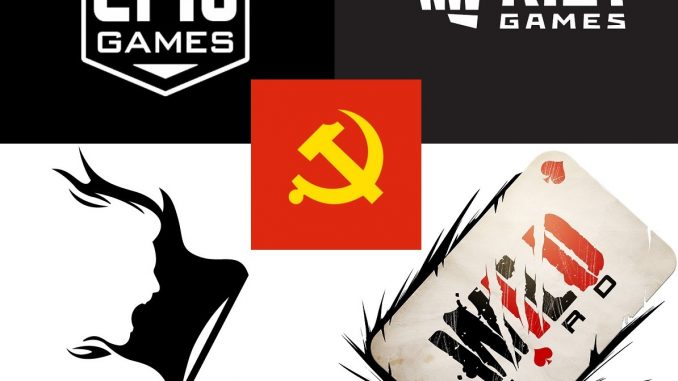
In the video game sector, Chinese companies have slowly been inserting themselves by buying up stock or outright purchasing developers and publishers. While foreign investing into US-based businesses is nothing new, there is a problem when certain countries are involved. In this case the problem is, obviously, that these companies answer to the authoritarian regime of the Chinese Communist Party(CCP). With everything coming to a head, it is time for the gaming industry to consider taking steps in informing consumers about how involved these Chinese interests are for a number of reasons. So should video game developers and publishers disclose the extent of Chinese interests in their video games?
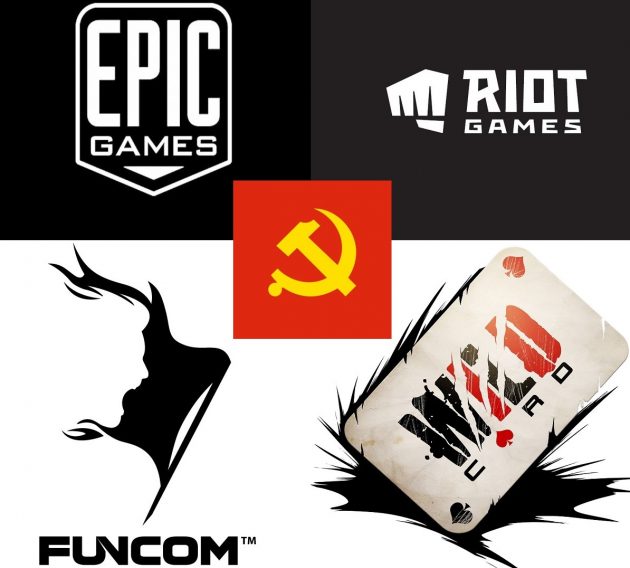
Currently, the world is experiencing a major upheaval when it comes to politics, the world economy, and the health of people all around the world. A situation that has occurred because of the Chinese government. A government that rules its citizens with an iron hand, heavily censors speech and thought, and is not afraid to do whatever it can to impose its will and to grow its wealth. Just look up how black people, Uyghurs, and prisoners are treated. Whether it’s illegal organ harvesting to slave labor conditions in prisons or the theft of other countries’ intellectual property, technology, etc, the Chinese government has no scruples.
In China, the government has been cracking down on gamers in a couple of ways. The biggest one involves the government monitoring players and limiting how much they can play before being kicked out of a game or risk ingame or out-of-game penalties, constant monitoring of what they say, and, in light of the events surrounding the Coronavirus, allegedly being restricted from communicating with other gamers outside of China.
Obviously, you are thinking those kinds of things couldn’t happen here in the United States. But you would be wrong. Right now, we have a political party and even big tech wanting to censor free speech, you have organizations that are trying to tell people what to think, and the infrastructure is there in the video game industry to make it all happen.
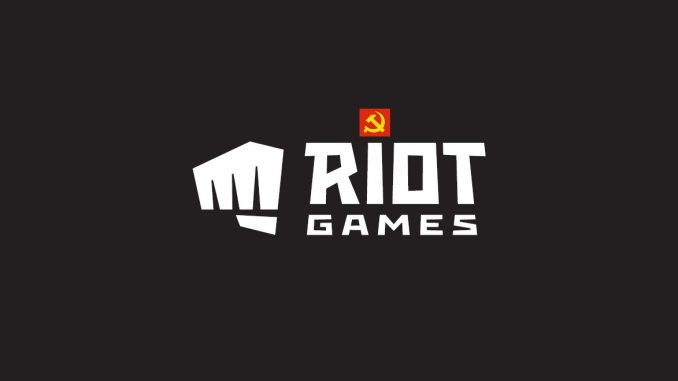
Unfortunately, there are no industry watchdogs and there are no video game news outlets pointing out inherent problems or bad business practices (aside from tech crunch or sexual assault). Gamers who care about their privacy, data, and freedoms have to rely on content creators, independent writers, or minuscule outlets to try and keep abreast of what is happening in the gaming industry. The major outlets care more about currying favor with developers and publishers and creating woke articles than they do about the consumer and the people who look to them to stay informed when making a purchase.
For example, let’s take a look at Riot Games. The company is completely owned by Chinese conglomerate Tencent, a fact that many gamers are not even aware of. In 2018, Riot Games implemented an Anti-Addiction System (AAS) update to the Chinese version of League of Legends at the behest of the Chinese government. The CCP wanted a way to track teenage players and the ability to kick players out of the game. Riot Games complied and the system is in place.
Granted, all of this could have been done solely on Riot China’s end, but that is not the case. When asked if the U.S.-based company was involved in the development of AAS, Riot Games released a statement that read, “Our lead engineers, based in California, are aware of every feature that we create for ‘League of Legends.’ We develop market-specific features collaboratively, with representatives from our engineering teams around the world.”
Couple this with Riot Games’ new invasive anti-cheat system, which has the same rights and privileges as an administration program, and the infrastructure is there for AAS or something similar to be implemented. After all, Riot Guard boots up when a consumer’s PC starts up and will continue to run in the background whether the gamer is playing Valorant or not (Should Gamers Boycott Riot Games). So again, the infrastructure is there because the CCP has access to the information of everyone who plays Valorant and soon, every IP developed by Riot Games.
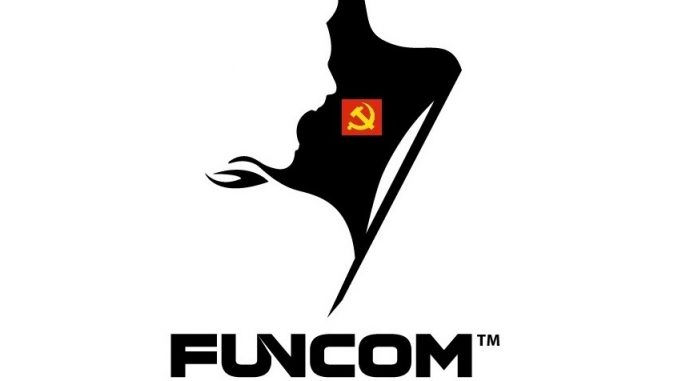
Is this a hypothetical scenario? Yes. But one can not deny that it is very plausible. Especially in light of recent events when, back in May, Chinese government intelligence apparatus Winnti Group infected multiple game developers based in South Korea and Taiwan. According to security company ESET,
“In at least one case, the malware operators compromised a victim’s build system, which could have led to a supply-chain attack, allowing the attackers to trojanize game executables. In another case, the game servers were compromised, which could have allowed the attackers to, for example, manipulate in-game currencies for financial gain.”
Of course, this was conducted by Chinese government hackers, but Tencent has no choice but to kowtow to the government. As stated earlier, with AAS, Tencent immediately implemented mandatory age and real-ID verification systems in its games a couple of years ago. And this is a company which owns Riot Games. Tencent also owns Funcom and Sharkmob while having majority shares in Grinding Gear Games (80%) and Supercell (84%) with holdings in Epic Games (40%), Marvelous (20%), Glu Mobile (15%), Activision Blizzard (5%), Paradox Interactive (5%), Ubisoft (5% soon to be 49.9%), and Bluehole (5).
Whether large or small, the effect Tencent and the CCP have on business decisions in the video game industry can be seen. Just look at how Blizzard reacted to any support of the Hong Kong protests. They cracked down on eSports players who would support it and took steps to censor American citizens from such speech because, if they were to go against the CCP, it would hurt the company’s bottom line.
And Tencent has just a 5% share in Activision Blizzard.
(Since publishing this editorial, it should be added that Tencent has made further deals with Ubisoft that involves creating a new subsidiary, enforcing CCP game time limits, and being labelled a “Chinese Military Company” by the United States Department of Defense.)

However, Tencent is not the only Chinese company out there but is the most well-known of the Chinese companies inserting itself everywhere in the games industry. How many of you are familiar with a company called Suzhou Snail Digital Technology Co, aka Snail Games or Snail? This is a Chinese video game company that acquired Studio Wildcard for an undisclosed amount, that was only revealed when Studio Wildcard settled a lawsuit with Trendy Entertainment.
Even then, there was no real announcement or discovery by major news outlets. Instead, it took members of the gaming community to discover that a Chinese company now owned Studio Wildcard, the developer of ARK: Survival Evolved. In fact, you would be hard-pressed to find anything about what studios this company owns. If you visit their website, you’ll see a list of 17 titles that includes games such as ARK: Survival Evolved, PixARK, Dark and Light, ARK Park, Heroes of Gaia, Age of Wushu Dynasty, and Ministry of War (all allegedly developed by Snail).
On the company’s official website, I couldn’t find any information about which game studios they control or are invested in. The Wikipedia page, in contrast to Tencent’s own, is devoid of such details as well. Which is odd because this is a large gaming company that has over 1,500 employees and a significant presence in PC and mobile gaming. In addition, if you go to its Steam Publisher page you will see that there is no mention that it is a Chinese company. In order to find that out, you would have to go to its official site. And its original Twitter account @SnailGames, is locked, and they moved to a new Twitter Account @SnailGamesUSA.
So why should you care about Snail Games? Speak to players in the ARK community. For ARK players, things went in a different direction when Snail Games took over. If you were to ask veteran players, especially those who played on Official PvP servers, how things have changed they could give you a list. More specifically, how it all diverged when it came to Chinese players and Chinese tribes. Preferential treatment, failure to uphold fair and equitable punishments for exploiters, cheaters, and meshers, to the ARK Devs handing over the Conquest Servers to Snail Games are just some of the issues that were, and still are, occurring.
The last, and latest example, I can provide as a former ARK player and podcast host of the ARKeologist’s Podcast, would be the Conquest servers which were servers that focused on large-scale PvP, but attempted to prevent the creation of mega tribes. On these servers, tribes have a maximum of 25 members, there are no tribe alliances, and rates are doubled compared to regular servers. With soured attitudes towards the mega alliances on Official PvP servers, it was no surprise that these servers gained popularity, especially for Chinese tribes. But a month after their release, Snail Games was given control of the new servers.
Reaction from the community was anger and frustration, especially as notorious Chinese tribes were unstoppable, even though there was rampant and blatant cheating. The most notorious was the TEA tribe. On numerous occasions, this particular Chinese tribe had been protected by Snail Games despite how much it cheated. The tribe was so bad that the major mega alliances had set aside their own personal grudges to wipe out TEA, only to see that, time after time, the developers would roll-back servers or ignore TEA’s transgressions. The TEA Corruption, as it was called by many, was a galling example of a Chinese company’s flagrant show of favoritism for its fellow citizens and disregard for everyone else around the globe.
Now if you were to go on Steam, where Snail has a number of titles up for sale, you wouldn’t find any information that would indicate that you were purchasing a video game owned by a Chinese company. Either the developer/publisher will be Snail Games USA or, in the case of ARK: Survival Evolved, it still states that Studio Wildcard is the developer/publisher with no mention of Snail anywhere on the page. The only exception would be looking at Wushu Chronicles, which is a Chinese game developed by JiangHu Studio and published by Snail Games.
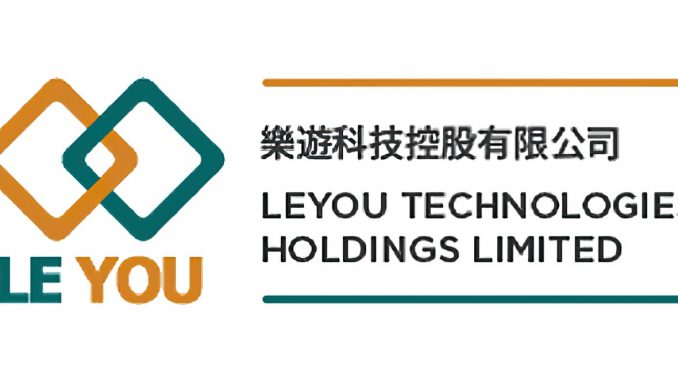
A third Chinese company to bring up would be Leyou Technology Holdings Limited. Simply referred to as Leyou, this Hong Kong-based business is a global video game holding company. While #FreeHongKong has been on the minds of anyone concerned with news regarding China, and the CCP’s recent passing of the Hong Kong Security Law, things are looking bad for the people of Hong Kong.
With that in mind, what does Leyou own or are invested in?
The most recognizable game in the company’s portfolio would be Warframe, a very popular free-to-play third-person shooter. While the game was developed and initially published by Digital Extremes in 2013, the developer was acquired by Leyou back in 2016. However, if you look at Warframe’s Steam page, there is no mention of Leyou as the owner.
Leyou also owns Splash Damage which is the developer of games such as Quake Wars, Brink, and Wolfenstein: Enemy Territory. It also has a 51% stake in Guangzhou Radiance Software Technology Co which is developing Civilization Online under a Take-Two License. The company also launched a video game publishing label called Athlon Games which entered into a multi-year deal for an online, F2P game based on The Lord of the Rings. Athlon Games has gone on to become a shareholder and publishing partner of LCG Entertainment which had acquired the assets of now-defunct Telltale Games.
There are other businesses and developers which Leyou has stocks in. However, Leyou is allegedly seeking a buyer. The potential sale of Leyou has been put on hold due to the current Coronavirus outbreak happening, but rumor was that Tencent and Sony are on the list of potential buyers.
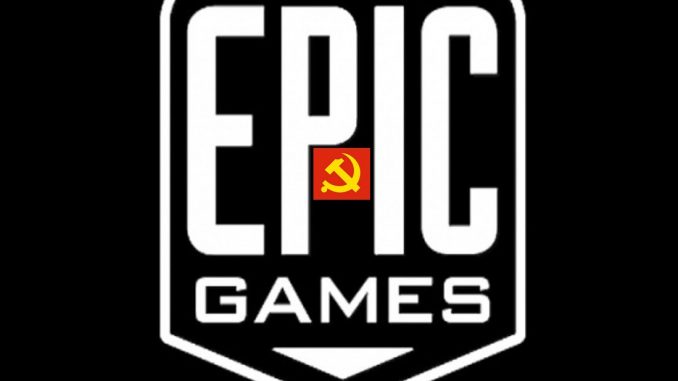
So where does Epic Games come into all of this? As stated at the start, Tencent owns 40% of the shares as of 2012 from a deal that came about from Epic’s desire to focus on utilizing a Games as a Service model. As part of the deal, Tencent has the ability to nominate directors to Epic Games’ board and has two representatives on that board. With Tencent’s investment and 40% share, Epic Games was able to relicense the Unreal Engine 4 and make it free for all users as well.
Shortly following the closing of this deal, there were a number of high-profile staffers who left Epic Games such as Gears of War lead developer Rod Fergusson, People Can Fly founder Adrian Chmielarz, Unreal lead designer Lee Perry, president mike Capps, and design director Cliff Bleszinski. A little strange considering the big deal made and the money that would be rolling in.
Suffice to say, when it comes to Epic Games and Chinese investments, this is an interesting example of why developers and publishers need to be transparent with revealing the extent that Chinese businesses are invested in their company. Now while the #FreeHongKong-Blizzard debacle continued, Epic Games CEO Tim Sweeney assured inquiring gamers that “Epic is a US company and I’m the controlling shareholder. Tencent is an approximately 40% shareholder, and there are many other shareholders including employees and investors.”
This statement sounds great and all, but let’s be honest, developers and publishers have no qualms about lying to the public in order to minimize the potential of lost sales. Ubisoft, for example, has a history of lying to consumers in order to make sure that a game sells. A habit that has come to the forefront again as recent allegations of sexual misconduct and abuse have risen and that the company still maintains the outdated stance that “women don’t sell.”
In the case of Tim Sweeney, while I may want to believe him, I find it difficult to do so. After all, when the Epic Games Store launched it was discovered, by consumers, that the app would scan a user’s PC files without prompting the user for permission to do so. While Sweeney went on record to say that EGS doesn’t spy on people, he did acknowledge that the program would scan and encrypt Steam files stating, “We only import your Steam friends with your explicit permission. The launcher makes an encrypted local copy of your localconfig.vdf Steam file. However information from this file is only sent to Epic if you choose to import your Steam friends, and then only hashed ids of your friends are sent and no other information from the file.”
When explaining why this was the case, Sweeney’s answer was not a satisfactory one, “The current implementation is the result of a system that was built quickly and then rapidly modified before launch as the online team identified that we needed to authenticate with Steam on the web (in case there were multiple Steam users on the PC) and make other privacy-oriented changes identified by the online team. It’s a klunky method that we’ll fix…”
Actions speak louder than words. But in the case of Sweeney, while his words sound good, his actions are not.

There is no denying the power of the Chinese market. However, to tap into that market requires developers and publishers to jump through so many hoops in order to sell their games to Chinese gamers. The first thing is that, in order to publish your games in China, the company must be locally-based and must be Chinese-owned such as NetEase, Inc and its gaming division NetEase Games. Games themselves must adhere to regulations, promote unity and support the values of the Chinese government. We saw a recent example of the latter when the CCP removed simulation game Plague Inc for the simple fact that players could use China as the origin for releasing a pathogen.
From having no blood, access to an in-game marriage system forbidden to minors, and dead bodies disappearing quickly these are just some of the things the CCP enforces when reviewing a game for publishing. Unsurprisingly, anything that positively promotes traditional Chinese history and culture are moved up and prioritized on the small list of games seeking approval for the Chinese market.
Here in the United States, there are no such restrictions in place. The only thing we have is a ratings system for age groups that isn’t enforced by parents or even companies themselves that well. However, in terms of owners and investors, some regulation must be implemented and enforced.
On the game case, at the end of a game trailer, and on the store page, consumers need to see a sticker or something showing if the company is owned by a Chinese business or the percentage of how much stock is owned before they buy the product. Not just for Chinese investors/owners but for every country outside the US. The information must also be maintained by the developers should ownership or percentage of stock exchange hands. Failure to keep this information updated should result in heavy fines and penalties.
Developers and publishers fully-owned, or have a Chinese company in control of the majority of shares, should be taxed heavily as well. After all, steps must be taken to protect gamers from censorship, their data being exploited, and their computers being compromised.

There are probably better ways to go about dealing with this situation. But if packaged food is required to show all the ingredients used to make it, percentages of nutritional value must be shown, or fresh produce’s country of origins clearly marked, then why not something similar for the video game industry? The infrastructure is there for censoring gamers, the backdoor is in place for exploitation of your data, and your information is probably being collected and stored already (many of these things have been happening in Western gamers and is “Why Valve Needs To Remove Third-Party Accounts From Its Steam Platform).
Of course, the fastest and most efficient way that we, the gamer, could bring about a change would be to boycott these developers and publishers. To not buy or play the games on consoles, PC, or mobile. But considering the extensive history of the video game industry’s bad business practices, asinine DRM, and other issues that gamers should have boycotted, but didn’t, the majority of gamers will not go down this path. Case-in-point, how many of you even considered boycotting Ubisoft after the recent exposure of sexual abuse or after the company announced that it would not address these scandals during its recent Ubisoft Forward digital conference?
At the very least, gamers should be informed and if they decide to continue supporting these developers and publishers, that is on them. That is until the inevitable happens and the sleeping Chinese lion wakes up and bites you.
Recommended Reading –
Why Valve Needs To Remove Third-Party Accounts From Its Steam Platform
Editor’s Note: I hope you enjoyed the article. If you would like to support this site, you can donate via Paypal or even check out our merchandise on RedBubble. Here are some of the items available.

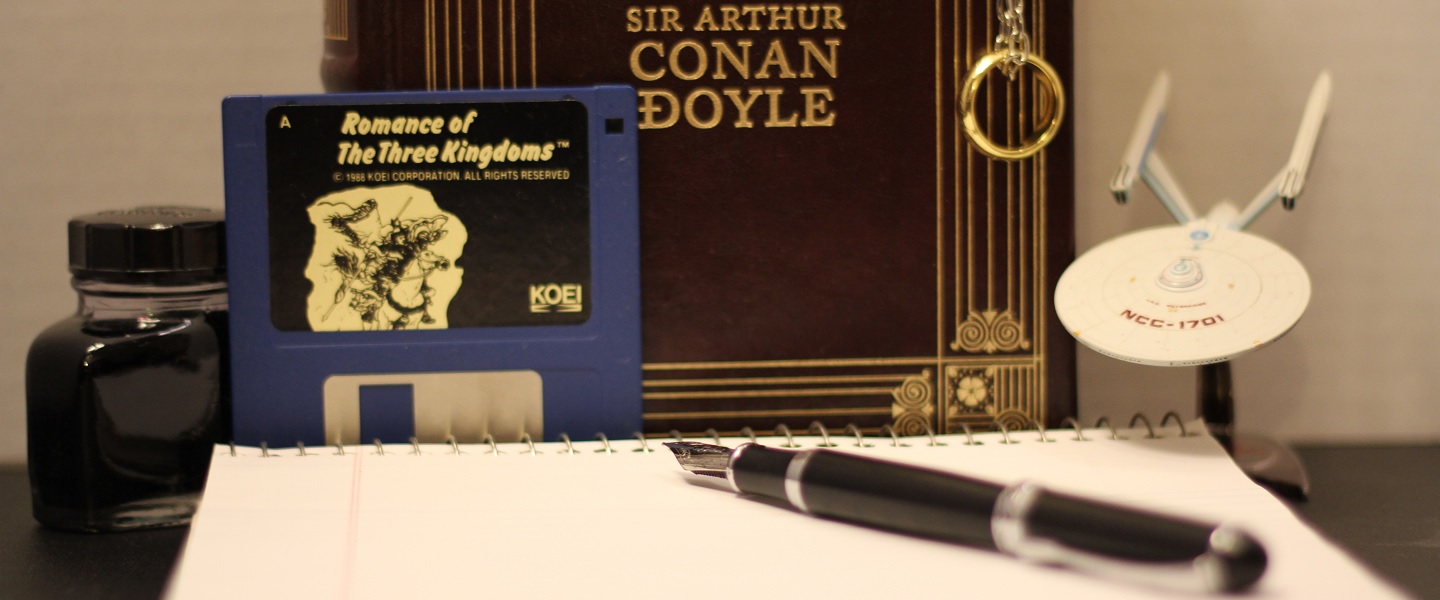


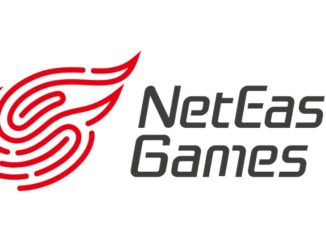
[…] China in a negative light and, if it is deemed to do so, will be removed like what happened to simulation game Plague Inc since players could use China as the origin for releasing a pathogen (this was in 2020 when the CCP […]
[…] The CCP is why Chinese gamers, if they want to play the uncensored games or even play all the games not available in China, have to work around the government’s attempts to stop them. Why Chinese gamers have to be careful since games produced by developers such as Riot Games, owned by Chinese conglomerate Tencent, are monitored and forced to use their real identities thanks to real ID verification systems. […]
[…] of which, when one remembers how Epic Games used their Epic Games Store app to scan users’ PCs without their permission or knowledge, it is hard not to think that Ubisoft might be doing something similar. Or collecting everyone’s […]
[…] That is another discussion to have with the family! A discussion that could even talk about Trump’s tariffs and the issues with China being a major manufacturing hub for America. Maybe even talk about China and the video game industry. […]
[…] unjustified banning was in China. However, in an editorial published July 2020 discussing the disclosure of Chinese involvement and ownership in video games, we pointed to a number of systems Riot Games implemented that could lead to further issues in […]
[…] video games, such as Black Myth: Wukong which had its own list of banned talking points, for a number of reasons that includes censorship, the support of a fascist government, and the potential threat such games […]
[…] yet to implement any policy that would force companies publishing their games on the platform to disclose any level of Chinese involvement (or […]